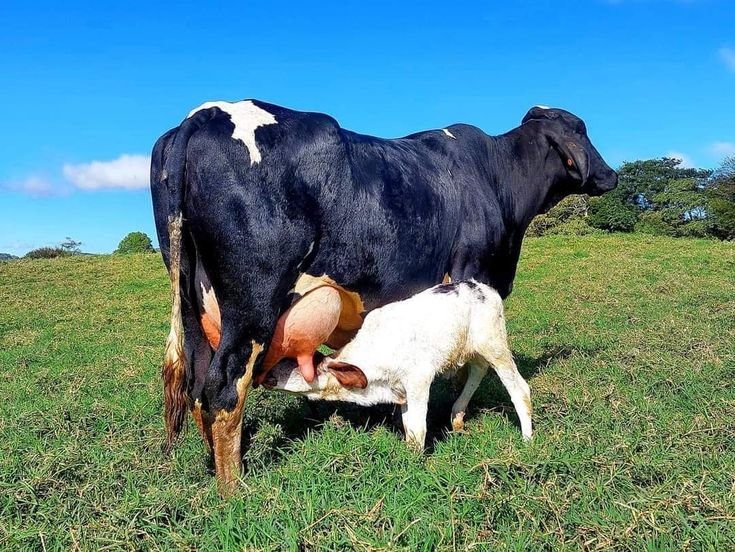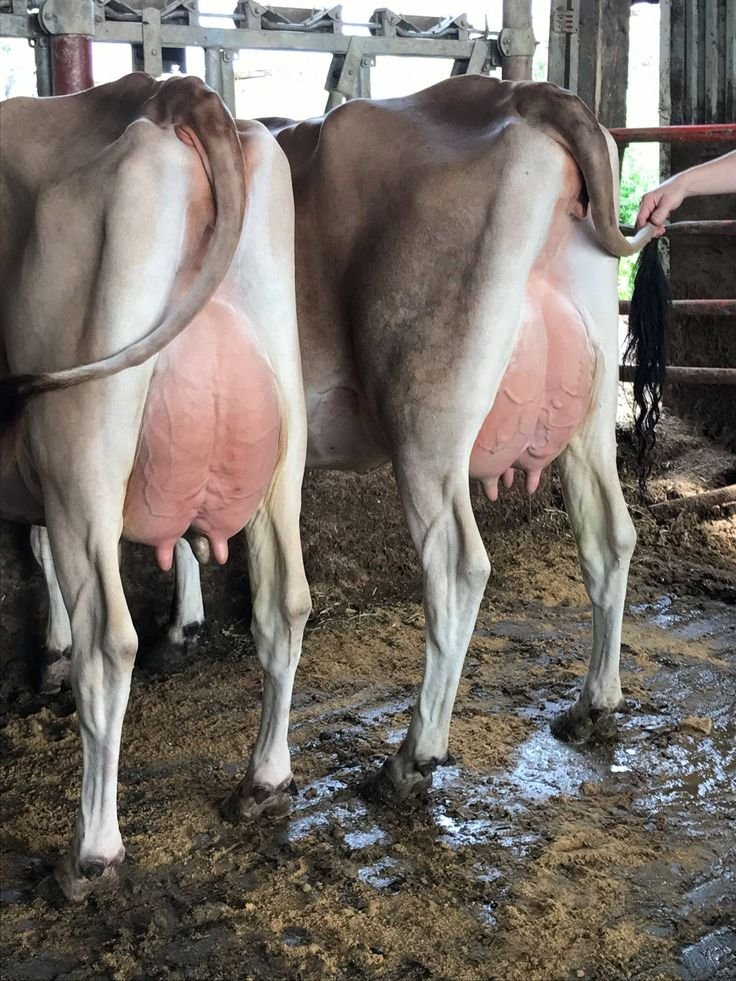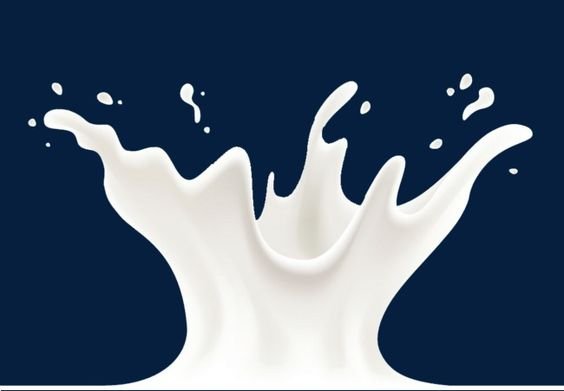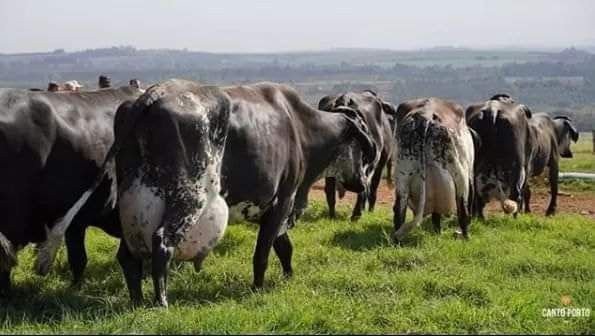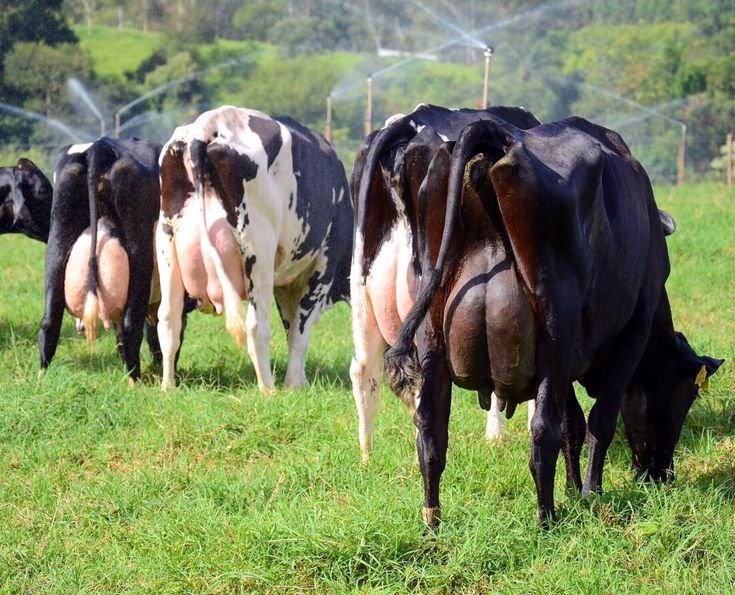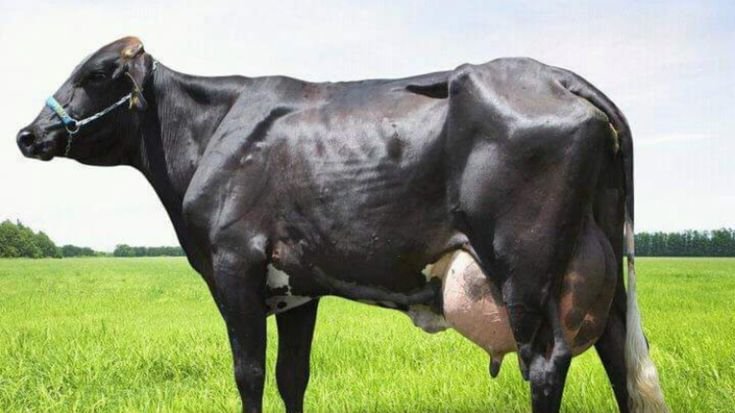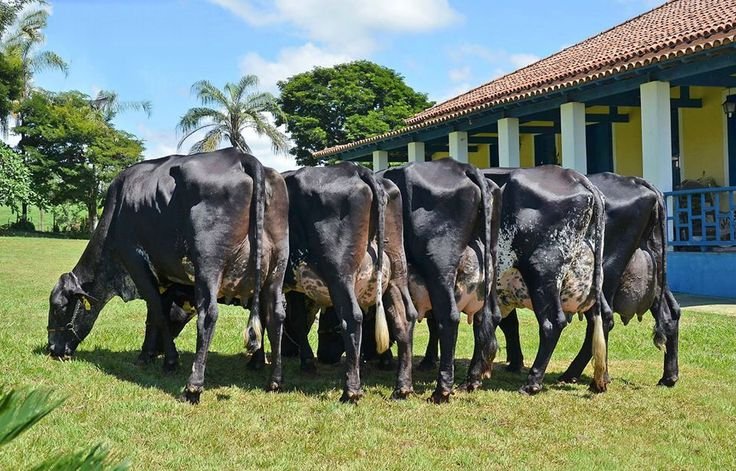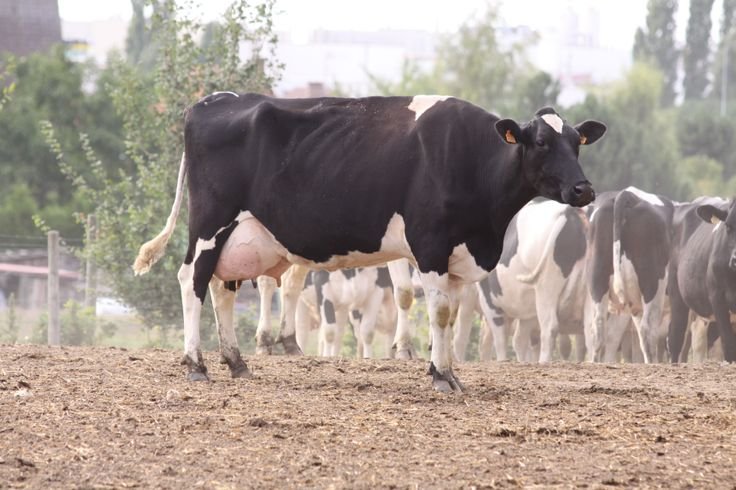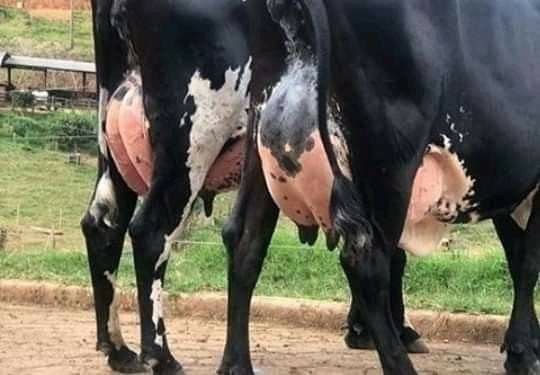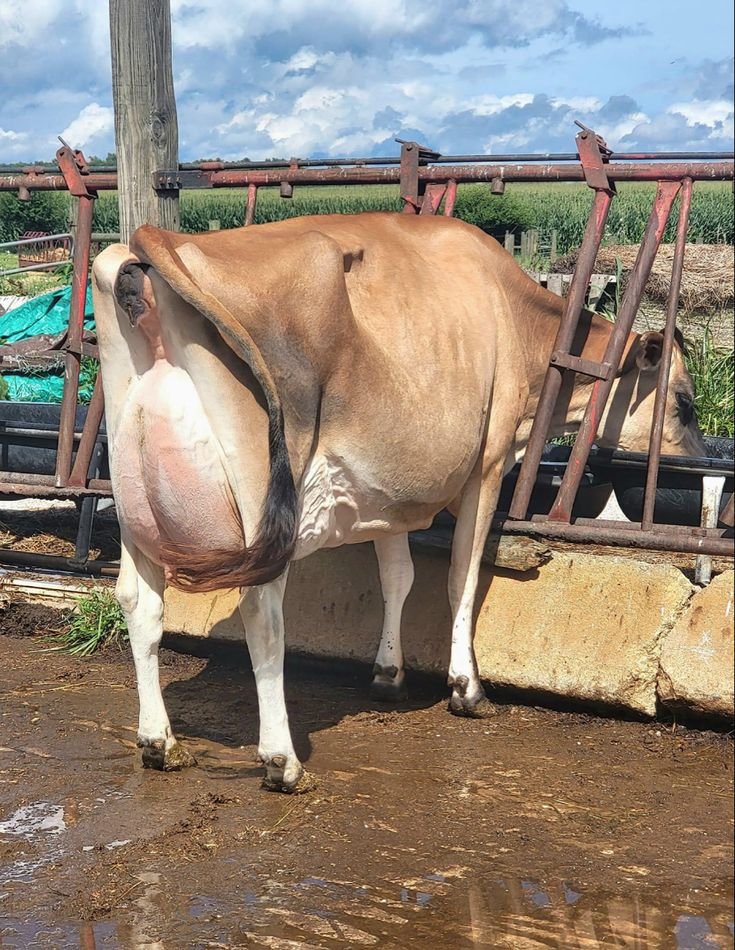Lactation is a biologically demanding process that requires optimal nutrition to ensure high milk yield and quality in dairy animals. Both cows and buffaloes depend on a well-balanced diet to support milk production, maintain their health, and meet their reproductive and metabolic needs. This article delves into the science of lactation and explains how a balanced diet can unlock the full potential of your dairy animals.
Understanding Lactation in Dairy Animals
Lactation is the period when a dairy animal produces milk after calving. It requires significant energy, protein, minerals, and vitamins to maintain milk synthesis while supporting the animal’s overall health. Key factors influencing lactation include:
- Genetics: Breeds with high milk-producing potential.
- Nutrition: Adequate intake of essential nutrients.
- Management Practices: Milking routines, health monitoring, and stress management.
A balanced diet is central to optimizing these factors, directly impacting the quantity and quality of milk.
Key Nutrients for Optimal Milk Production
1. Energy Sources
Energy is critical during lactation to fuel milk production. Energy deficits can lead to:
- Reduced milk yield.
- Weight loss and metabolic disorders like ketosis.
Sources:
Cereal grains, silage, and energy-dense concentrates.
2. Proteins
Proteins are the building blocks for milk synthesis. Insufficient protein intake can result in:
- Low milk production.
- Poor reproductive performance.
Sources:
Oilseed cakes, soybean meal, and high-quality forages.
3. Calcium and Phosphorus
Calcium is essential for milk production and skeletal health. Phosphorus supports energy metabolism and milk synthesis. Deficiencies can lead to:
- Milk fever (hypocalcemia) in lactating animals.
- Weak bones and poor lactation performance.
Solutions:
Use supplements like Sumo Power Ultra Calcium, which delivers optimal levels of calcium and phosphorus.
4. Vitamins
Vitamins A, D, and E are vital for immunity, reproduction, and milk quality. Deficiencies can lead to:
- Weak immunity and susceptibility to diseases.
- Low-quality milk with poor fat content.
Sources:
Vitamin-enriched feeds or specialized supplements like Ultra Forte.
5. Trace Minerals
Zinc, copper, selenium, and manganese are necessary for metabolic processes and immune function. Their deficiency may result in:
- Poor hoof and skin health.
- Reduced milk yield and fertility.
Solutions:
Chelated mineral supplements for better absorption.
The Role of Balanced Diets in Milk Yield
1. Enhances Milk Quantity and Quality
A well-balanced diet provides the energy and nutrients required for sustained milk production. It improves milk fat, protein content, and overall quality.
2. Prevents Metabolic Disorders
Balanced diets reduce the risk of common lactation-related disorders like ketosis, milk fever, and mastitis.
3. Promotes Longevity and Health
Proper nutrition ensures the long-term health of cows and buffaloes, extending their productive lifespan.
4. Supports Reproductive Efficiency
Optimal diets improve fertility and reduce calving intervals, ensuring a consistent milk supply.
Practical Feeding Strategies for Dairy Farmers
- Regular Diet Formulation
Work with a livestock nutritionist to create rations tailored to your herd’s lactation stage and health status. - Incorporate Premium Supplements
Products like Sumo Live and Sumo Power Ultra Calcium can address specific deficiencies, ensuring complete nutrition. - Focus on Forage Quality
High-quality silage and green fodder should be the foundation of any dairy diet. - Monitor and Adjust Diets
Regularly analyze milk production and animal health to make necessary dietary adjustments.
The Benefits of Investing in Nutrition
- Increased Productivity: Balanced diets maximize milk yield and enhance its nutritional value.
- Cost-Effectiveness: Healthier animals reduce veterinary expenses and ensure consistent production.
- Sustainability: Proper nutrition minimizes the environmental impact of dairy farming by optimizing resource use.
Conclusion
The science of lactation underscores the importance of balanced diets in dairy farming. By addressing the nutritional needs of cows and buffaloes through high-quality feeds and supplements, farmers can boost milk production and maintain herd health. Premium products like Sumo Power Ultra Calcium and Ultra Forte offer tailored solutions to common nutritional gaps, ensuring your dairy animals achieve their full potential.

